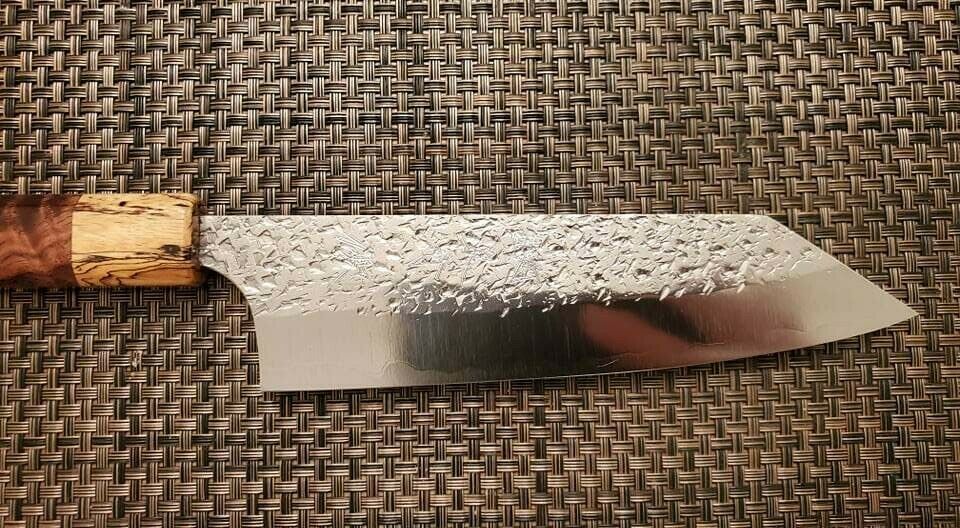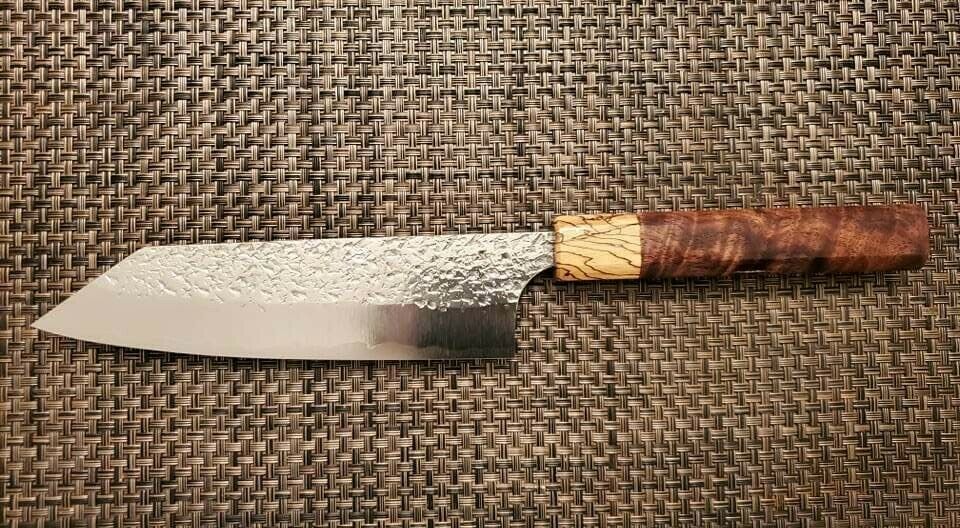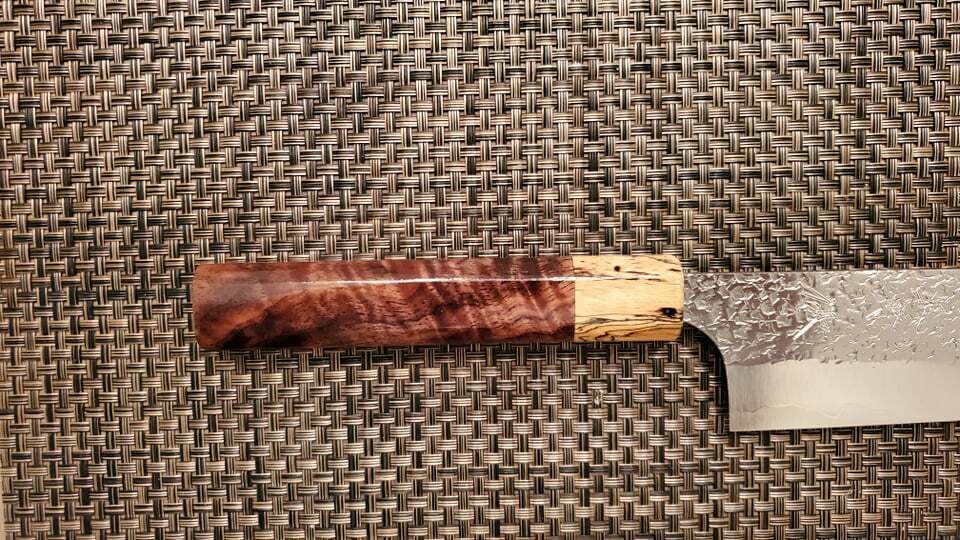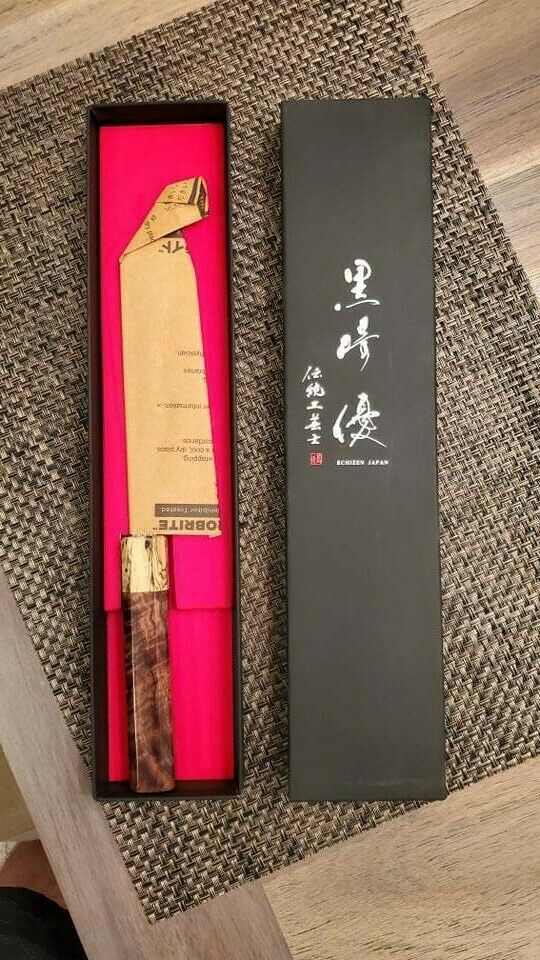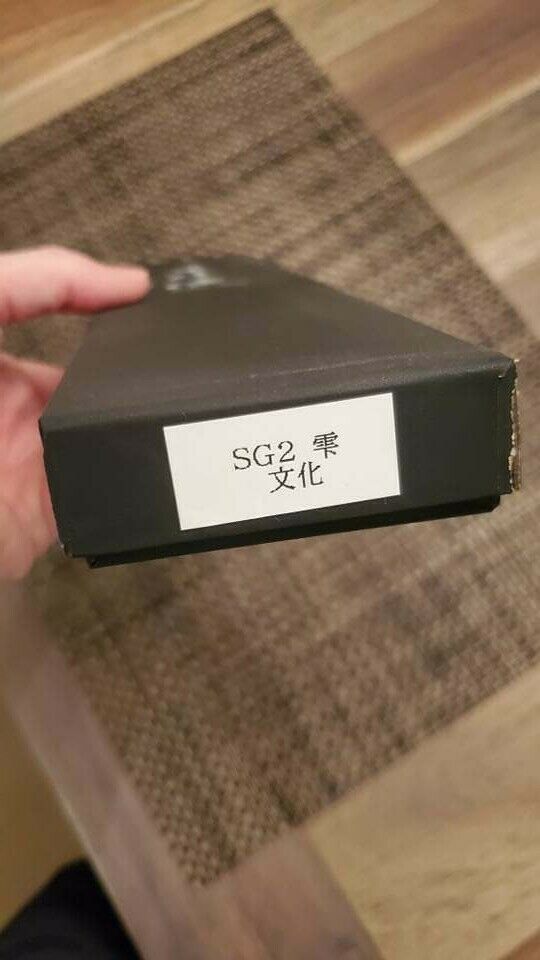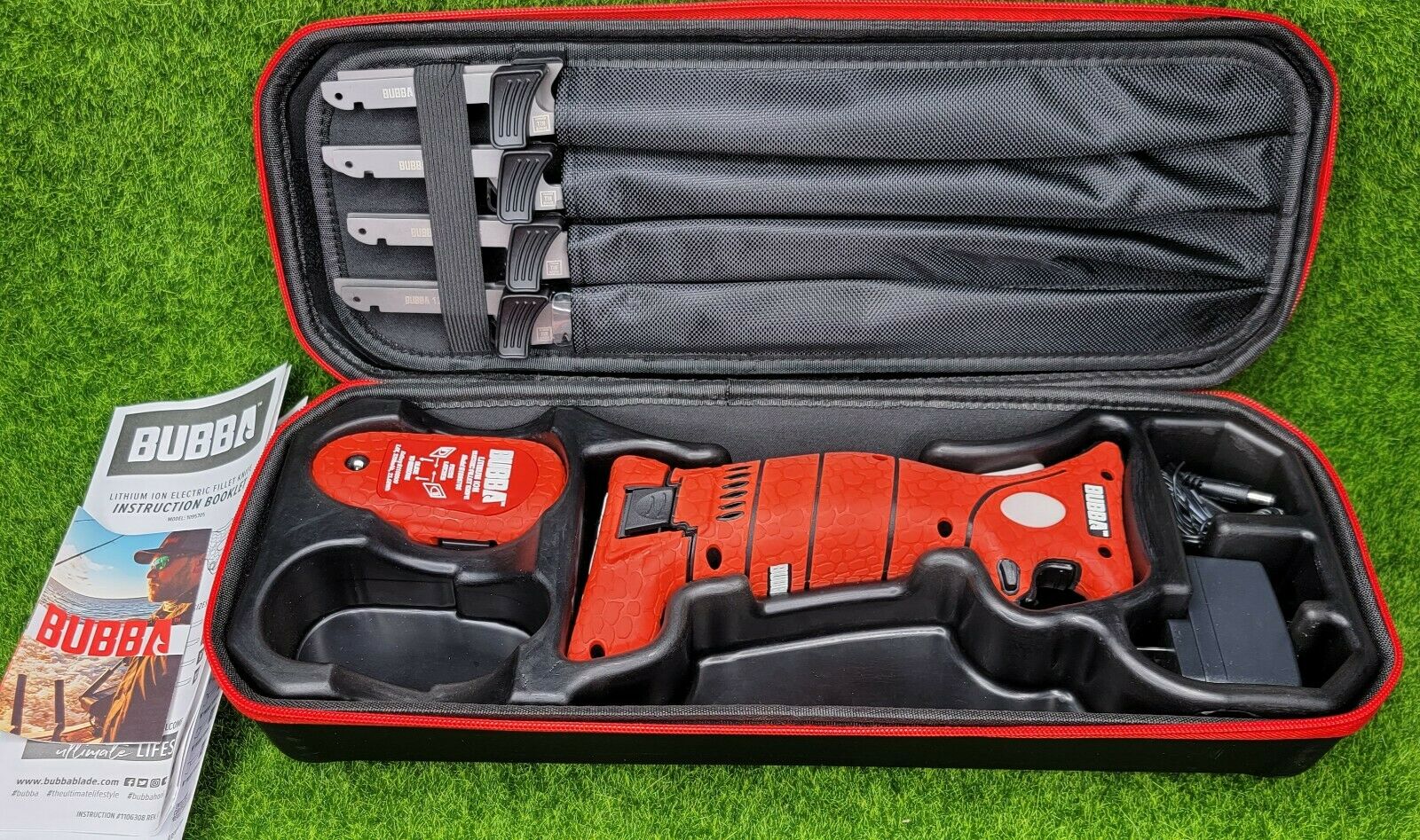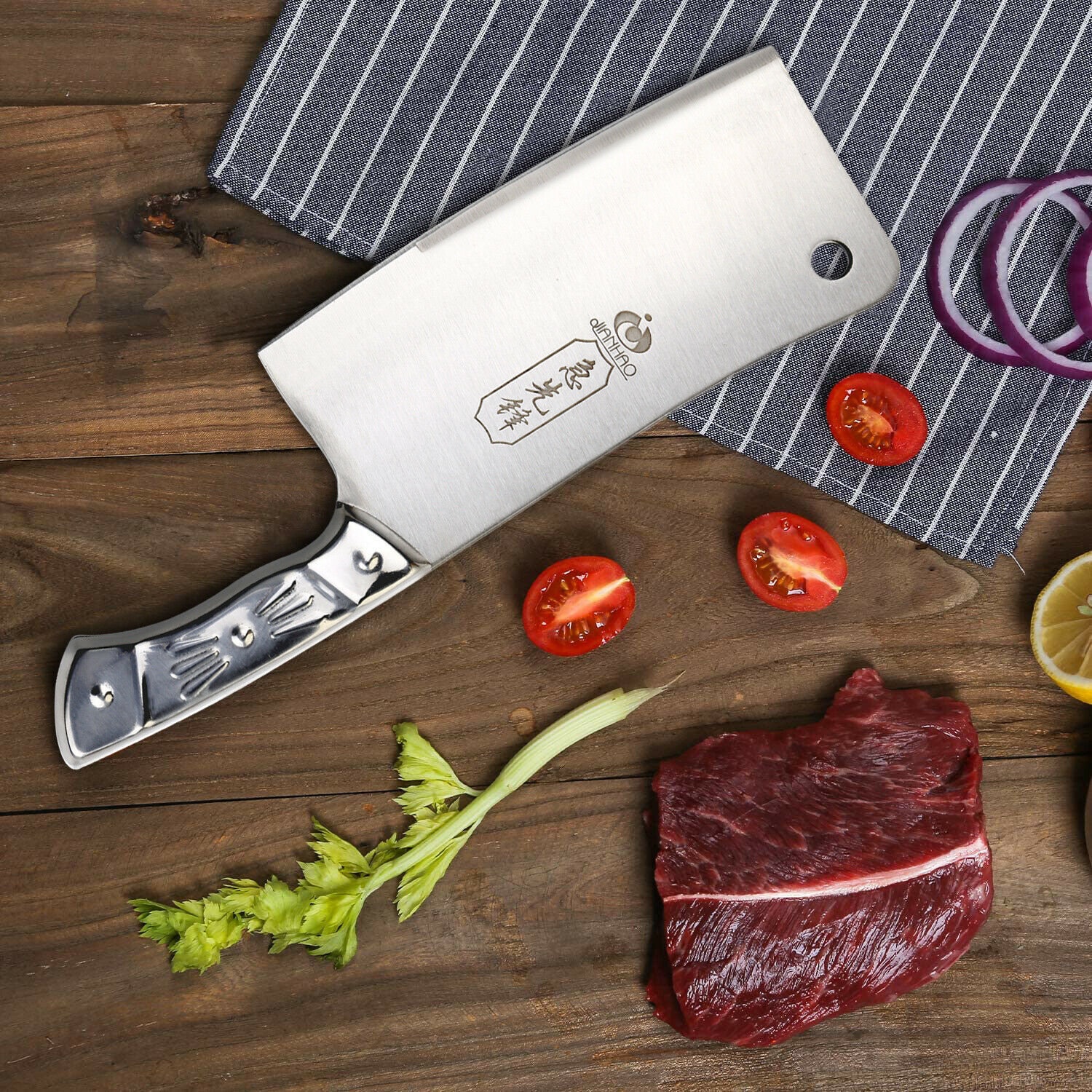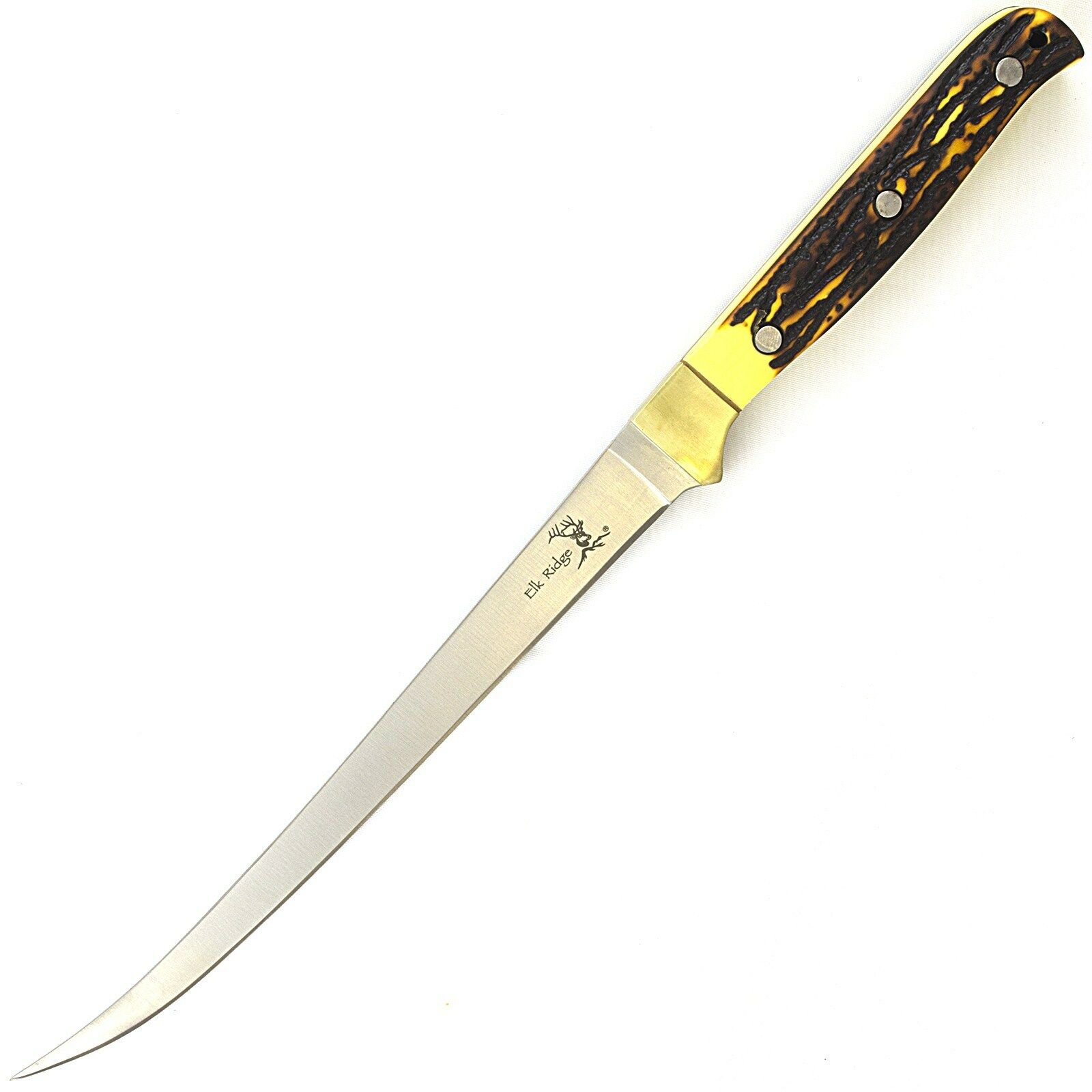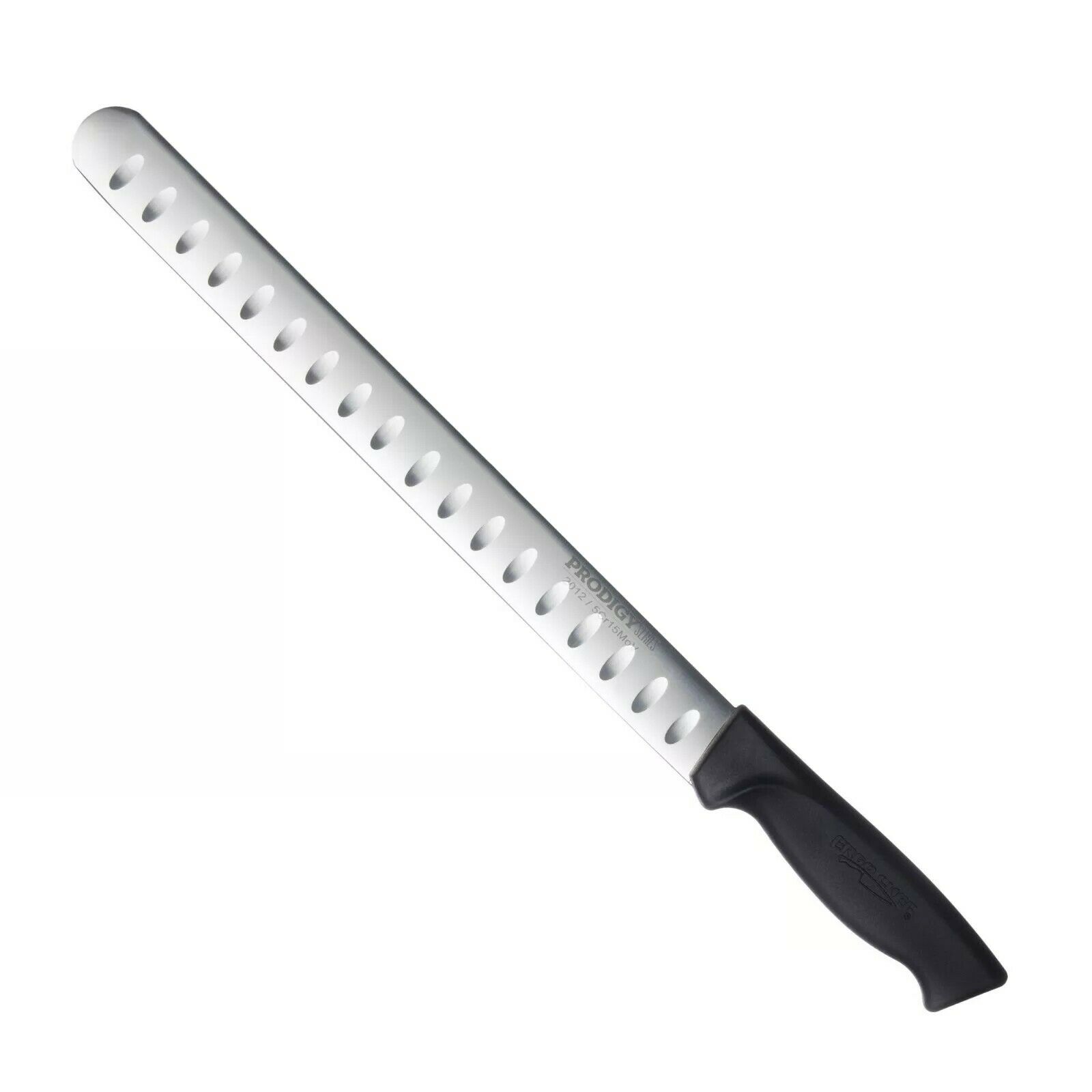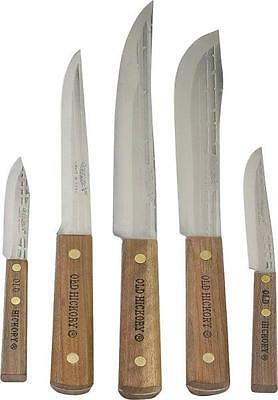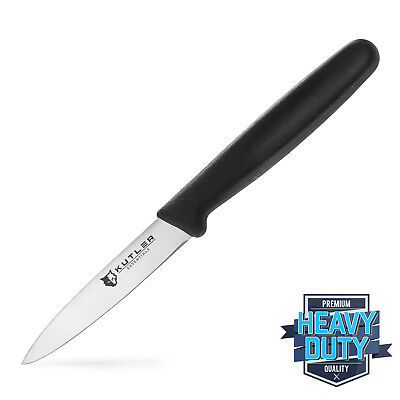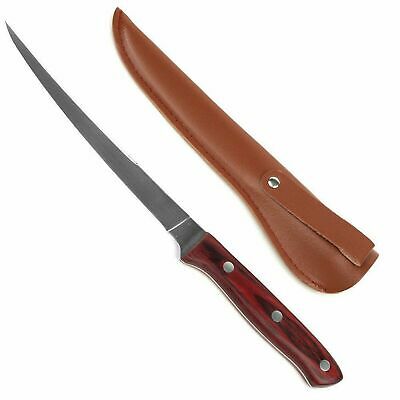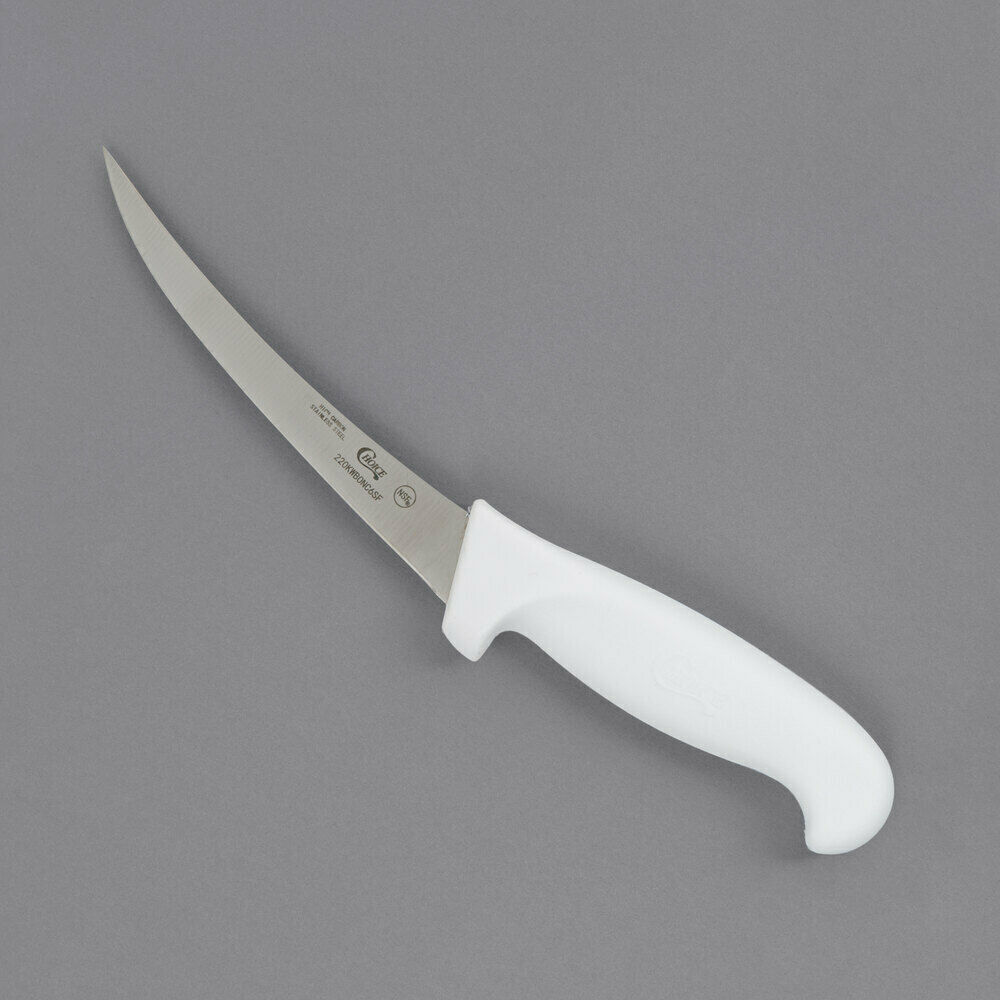-40%
Yu Kurosaki Shizuku R2 / SG2 Bunka 165mm with Custom Handle
$ 84.48
- Description
- Size Guide
Description
Yu Kurosaki Shizuku R2 / SG2 Bunka 165mmNew in box. I purchased this knife for over 0 and paid an additional 5 for a small handle maker to make me this beautiful custom handle for it.
The handle is made out of stabilized Turkish walnut with a stabilized spalted tamarind ferrule.
After a lot of going back and forth about it I decided to
sell this one and the matching Gyuto (separate auction)
because I have too many knives at this point and nowhere to put them. This might sound silly but since these two knives are so uniquely beautiful and different, they do not match the "theme" I have going with the rest of my knife collection, so someone else can enjoy these beauties. I think this particular bunka looks amazing.
Description:
The Shizuku R2 line is one of the most popular line from master Yu Kurosaki. This line is beautifully forged with Kurosaki's famous hammer pattern, resulting in a diamond mirror look through out the blade. The knife itself is probably one of the best cutters in its price range. As a result this line is one of the most recommended blades.
Fashioned from the ever popular R2 stainless steel, these beautiful blades are a joy to use and behold. The stainless cladding on them is simply outstanding.
Yu Kurosaki SHIZUKU series are crafted out of R2 (or SG2 or Super Gold 2) micro carbide powder stainless steel, one of the hardest blade steel in the world, which provides excellent rust resistance and a long-lasting edge as well as its beautifulness.
The blade surface has unique & artistic SHIZUKU hammered texture which conjures droplets of beating rain.
The 165mm Bunka
is a masterpiece of fit, finish, and function. The grind on this blade is as good as it gets and you won't find many nicer out of the box edges. They are scary sharp...and that's not an exaggeration. Obviously maintenance is kept to minimum as the knife is full stainless.
The
Bunka Bocho
(meaning "three Virtues" or "Three uses") is like the lesser known brother to the Santoku. similar in many ways but with a few differences. The Bunka Features a "K-tip" blade design. This creates a much sharper point capable of more fine tip work then its brother the santoku. Some would argue the Bunka is more versatile than the santoku because of its tip. Use the more acute tip to easily brunoise small shallots or slip it under silverskin on a tenderloin. Like the Santoku it has great versatility and an ability to tackle a wide range of tasks. They typically range in size from 130mm to 200mm and have a flat edge with little to no belly. Bunkas and Santokus
are very popular
among
home cooks due to their versatility and to them having a slightly smaller size than a gyuto. Because a home cook tends to have a smaller space available to them and is prepping less quantity than in a professional the smaller size of a Bunka or Santoku makes them an excellent choice for a general purpose knife for a home cook. The smaller size also makes for a great "line knife" for a professional chef or cook when space is limited during service.
Measurements below are before adding the new handle:
Measurements
Weight
141 g
Total Length
311 mm
Tip to Heel Length
165 mm
Blade Height at Heel
46.5 mm
Width of Spine Above Heel
3.0 mm
Width of Spine at Middle of Blade
1.8 mm
Width of Spine at about 1cm From the Tip
0.7 mm
Steel
R2 Powdered Steel, Stainless Cladding
Hardness
HRC 63 to 64
[about Yu Kurosaki]
Yu Kurosaki makes very sharp kitchen knives with unique & stylish design on his blades.
His knives are not only super practical, great looking but also demonstrates some of the best traditional Japanese forging technique.
He is still eager to innovate new design and materials to pursue his ideals.
"Echizen" is the historical area in Fukui prefecture, including Takefu city, as one of Japanese important knife capitals.
The kitchen knives made in the Echizen is called Echizen Uchi Hamono. The art of making Japanese kitchen knives has a history of about 700 years.
Echizen Uchi Hamono is designated as "Traditional Crafts" by the Minister for Economy, Trade and Industry.

